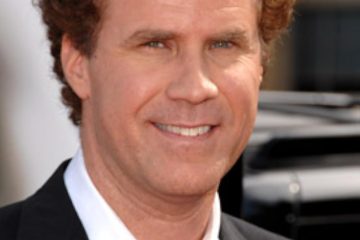The Office: A Cultural Phenomenon in Television History

Introduction
The Office, an American mockumentary television series, has significantly shaped the landscape of comedy since its debut in 2005. With its unique storytelling format and relatable characters, it has resonated with audiences worldwide. Its relevance continues to thrive even years after the show concluded in 2013, making it a critical reference point for discussions about workplace culture and comedic television.
Impact on Television
Created by Greg Daniels, The Office was adapted from the successful British series of the same name by Ricky Gervais and Stephen Merchant. The American version introduced audiences to the fictional Dunder Mifflin Paper Company and its quirky employees, including the infamous Michael Scott, portrayed by Steve Carell. The show’s use of a mockumentary style allowed for a more intimate observation of its characters, setting a precedent for future series. Its success is attributed not only to its comedic elements but also to the heartfelt moments that portrayed everyday employee experiences.
Long-Lasting Popularity
Even after its conclusion, The Office has maintained a strong viewer base. Its availability on streaming platforms like Netflix and Peacock has introduced new generations to its clever writing and unforgettable quotes. In fact, as of 2021, The Office ranked among the most-watched shows on streaming services. Memes and references from the series continue to circulate on social media, keeping its legacy alive in pop culture. The show’s characters have become iconic, with catchphrases and scenes often quoted in everyday conversations.
Significance of Workplace Representation
The Office’s humour often revolves around the nuances of working in an office environment, exploring themes of camaraderie, awkwardness, and professionalism. It boldly addressed workplace dynamics, including relationships, office politics, and management styles. The representation of diverse characters and their individual stories highlighted real-life issues, contributing to conversations about workplace diversity and inclusion.
Conclusion
The Office has proven to be more than just a television show; it has emerged as a cultural touchstone. Its blend of humour and heart has generated lasting discussions about the nature of work and relationships in a corporate setting. As new generations continue to discover the series, its influence on television comedy and workplace culture will undoubtedly endure. Fans eagerly anticipate any potential revival or continuation of its beloved storylines, indicating that the legacy of The Office remains as relevant as ever.









